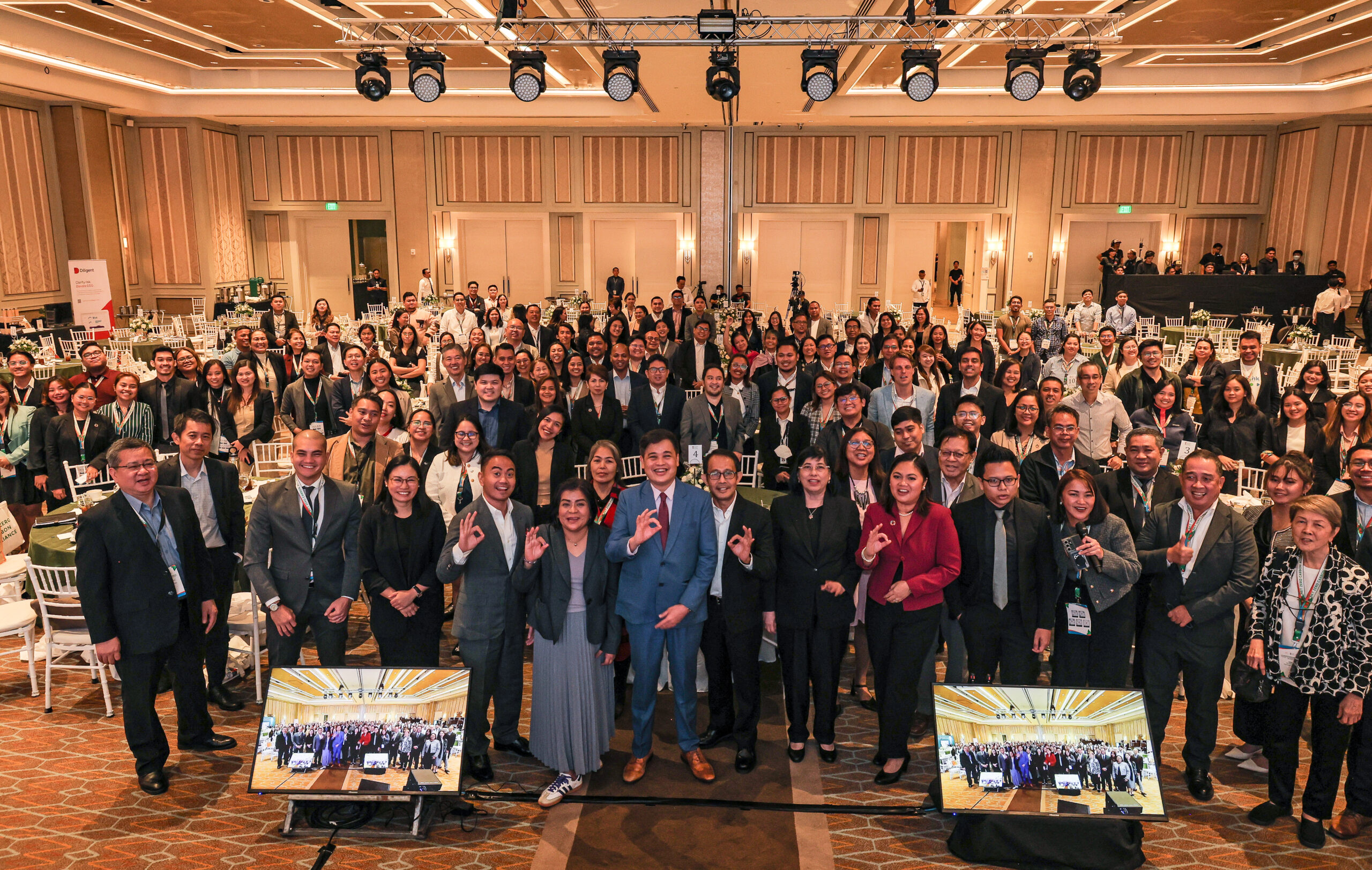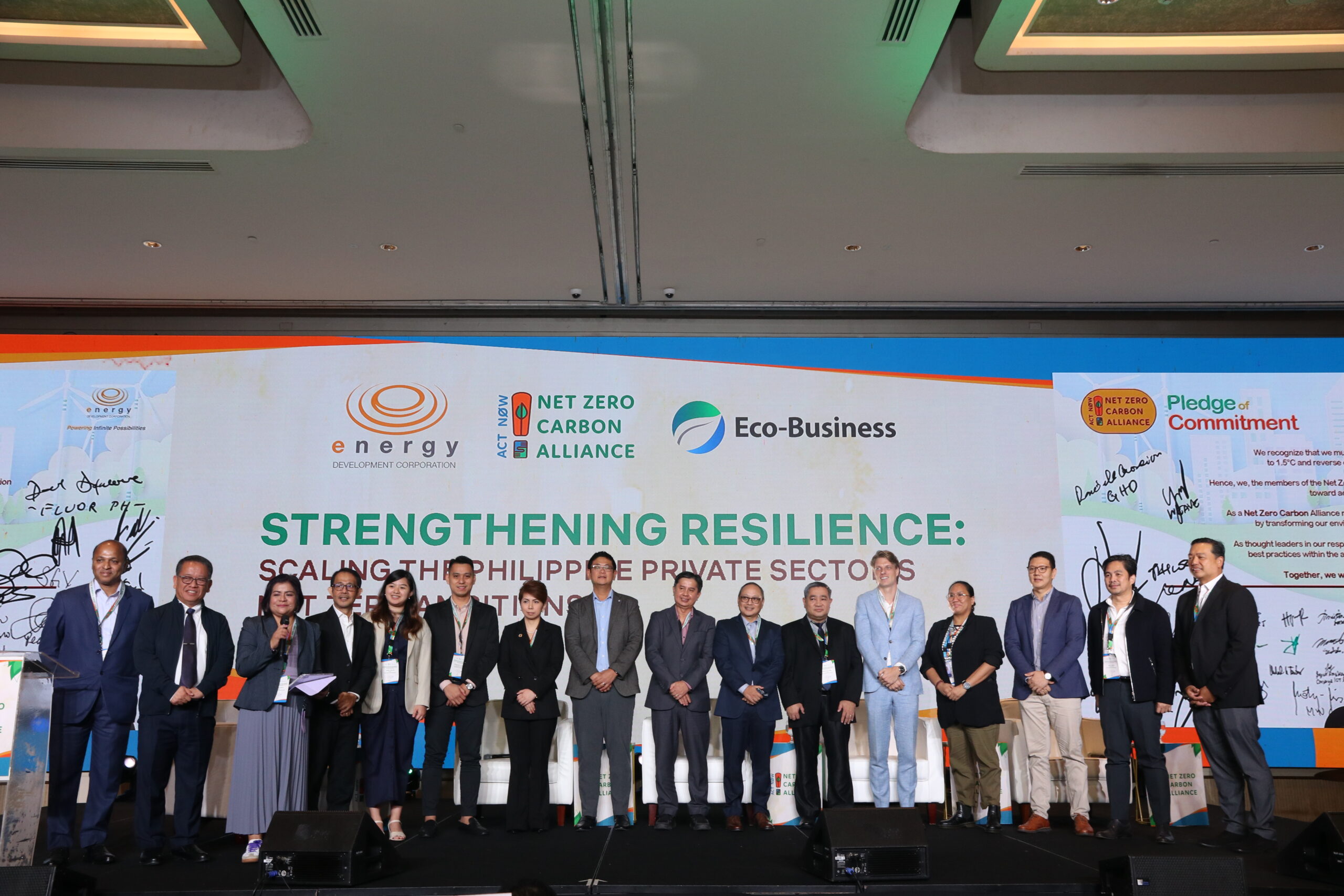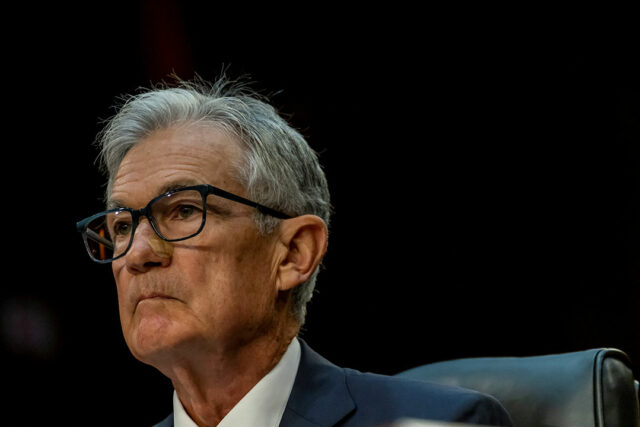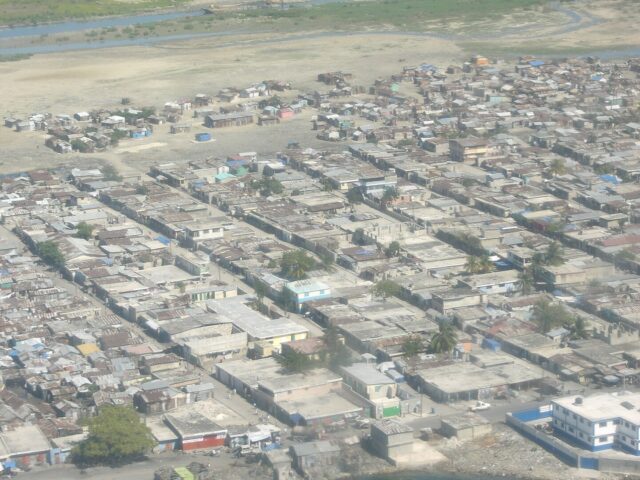How Syria rebels’ stars aligned for Assad’s ouster

ISTANBUL/DAMASCUS — After 13 years of civil war, Syria’s opposition militias sensed an opportunity to loosen President Bashar al-Assad’s grip on power when, about six months ago, they communicated to Turkey plans for a major offensive and felt they had received its tacit approval, two sources with knowledge of the planning said.
Launched barely two weeks ago, the operation’s speedy success in achieving its initial goal — seizing Syria’s second city, Aleppo — took almost everybody by surprise. From there, in a little more than a week, the rebel alliance reached Damascus and on Sunday put an end to five decades of Assad family rule.
The lightning advance relied on an almost perfect alignment of stars for the forces opposed to Assad: his army was demoralized and exhausted; his main allies, Iran and Lebanon’s Hezbollah, were severely weakened by conflict with Israel; and his other key military supporter, Russia, was distracted and losing interest.
There was no way the rebels could go ahead without first notifying Turkey, which has been a main backer of the Syrian opposition from the war’s earliest days, said the sources, a diplomat in the region and a member of the Syrian opposition.
Turkey has troops on the ground in northwest Syria, and provides support to some of the rebels who were intending to take part, including the Syrian National Army (SNA) — though it considers the main faction in the alliance, Hayat Tahrir al-Sham (HTS), to be a terror group.
The rebels’ bold plan was the brainchild of HTS and its leader Ahmed al-Sharaa, better known as Abu Mohammed al-Golani, the diplomat said.
Because of his former ties to al Qaeda, Golani is designated as a terrorist by Washington, Europe and Turkey.
However, over the past decade, HTS, previously known as the Nusra Front, has tried to moderate its image, while running a quasi-state centered on Idlib, where, experts say, it levied taxes on commercial activities and the population.
Turkish President Tayyip Erdogan’s government, which struck a deal with Russia in 2020 to de-escalate fighting in northwestern Syria, has long opposed such a major rebel offensive, fearing it would lead to a new wave of refugees crossing its border.
However, the rebels sensed a stiffening of Ankara’s stance towards Assad earlier this year, the sources said, after he rebuffed repeated overtures from Erdogan aimed at advancing a political solution to the military stalemate, which has left Syria divided between the regime and a patchwork of rebel groups with an array of foreign backers.
The Syrian opposition source said the rebels had shown Turkey details of the planning, after Ankara’s attempts to engage Assad had failed.
The message was: “That other path hasn’t worked for years — so try ours. You don’t have to do anything, just don’t intervene.”
Reuters was unable to determine the exact nature of the communications. Hadi Al-Bahra, head of the internationally-recognized Syrian opposition abroad, told Reuters last week that HTS and SNA had had “limited” planning together ahead of the operation and agreed to “achieve cooperation and not clash with each other”. He added that Turkey’s military saw what the armed groups were doing and discussing.
Turkish Foreign Minister Hakan Fidan, speaking in Doha on Sunday, said Erdogan’s effort in recent months to reach out to Assad failed and Turkey “knew something was coming”.
However, Turkey’s deputy minister for foreign affairs, Nuh Yilmaz, told a conference on Middle Eastern affairs in Bahrain on Sunday that Ankara was not behind the offensive, and did not provide its consent, saying it was concerned about instability.
Turkey’s foreign and defence ministries did not respond directly to Reuters questions about an HTS-Ankara understanding about the Aleppo operation. In reply to questions about Turkey’s awareness of battlefield preparations, a Turkish official told Reuters that the HTS “does not receive orders or direction from us (and) does not coordinate its operations with us either.”
The official said that “in that sense” it would not be correct to say that the operation in Aleppo was carried out with Turkey’s approval or green light. Turkish intelligence agency MIT did not immediately respond to a request for comment.
Reuters was unable to reach a representative for HTS.
VULNERABLE
The rebels struck when Assad was at his most vulnerable.
Distracted by wars elsewhere, his military allies Russia, Iran, and Lebanon’s Hezbollah failed to mobilise the kind of decisive firepower that had propped him up for years.
Syria’s weak armed forces were unable to resist. A regime source told Reuters that tanks and planes were left with no fuel because of corruption and looting — an illustration of just how hollowed out the Syrian state had become.
Over the past two years morale had severely eroded in the army, said the source, who requested anonymity because of fear of retribution.
Aron Lund, a fellow at Century International, a Middle-East focused think-tank, said the HTS-led coalition was stronger and more coherent than any previous rebel force during the war, “and a lot of that is Abu Mohammed al-Golani’s doing”. But, he said, the regime’s weakness was the deciding factor.
“After they lost Aleppo like that, regime forces never recovered and the more the rebels advanced, the weaker Assad’s army got,” he said.
The pace of the rebel advances, with Hama being captured on Dec. 5 and Homs falling on or around Sunday at the same time government forces lost Damascus, exceeded expectations.
“There was a window of opportunity but no one expected the regime to crumble this fast. Everyone expected some fight,” said Bassam Al-Kuwatli, president of the Syrian Liberal Party, a small opposition group, who is based outside Syria.
A U.S. official said on condition of anonymity that while Washington had been aware of Turkey’s overall support for the rebels, it was not informed of any tacit Turkish approval for the Aleppo offensive. The White House National Security Council did not immediately respond to a request for comment on Turkey’s role.
U.S. President-elect Donald Trump on Sunday said that Russia’s abandonment of Assad led to his downfall, adding that Moscow never should have protected him in the first place and then lost interest because of a war in Ukraine that never should have started.
Israeli President Benjamin Netanyahu on Sunday noted his country’s role in weakening Hezbollah, which sources told Reuters withdrew its remaining troops from Syria on Saturday.
GAZA FALLOUT
Sources familiar with Hezbollah deployments said the Iran-backed group, which propped up Assad early in the war, had already withdrawn many of its elite fighters from Syria over the last year to support the group as it waged hostilities with Israel — a conflict that spilled over from the Gaza war.
Israel dealt Hezbollah heavy blows, particularly after launching an offensive in September, killing the group’s leader Hassan Nasrallah and many of its commanders and fighters.
The rebel offensive in Syria began the same day as a ceasefire came into effect in the Lebanon conflict on Nov. 27. The sources familiar with Hezbollah said it did not want to engage in big battles in Syria as the group focused on starting a long road to recovery from the heavy blows.
For the rebel alliance, the withdrawal of Hezbollah presented a valuable opportunity. “We just wanted a fair fight between us and the regime,” the Syrian opposition source said.
Assad’s fall marks a major blow to Iranian influence in the Middle East, coming so swiftly after the killing of Nasrallah and the damage done by Israel to Hezbollah.
Turkey, on the other hand, now appears to be Syria’s most powerful external player, with troops on the ground and access to the rebel leaders.
In addition to securing the return of Syrian refugees, Turkey’s objectives include curbing the power of Syrian Kurdish groups that control wide areas of northeast Syria and are backed by the United States. Ankara deems them to be terrorists.
As part of the initial offensive, the Turkey-backed SNA seized swathes of territory, including the city of Tel Refaat, from U.S.-backed Kurdish forces. On Sunday, a Turkish security source said the rebels entered the northern city of Manbij after pushing the Kurds back again.
“Turkey is the biggest outside winner here. Erdogan turned out to be on the right — or at least winning — side of history here because his proxies in Syria won the day,” said Birol Baskan, Turkey-based political scientist and former non-resident scholar at Middle East Institute. — Reuters






 According to Adi Hernandez, AVP for Corporate Relations and Impact at McDonald’s Philippines, the company is excited about the potential impact of the new designs. “We are proud of the furniture created by these talented and passionate Industrial Design and Interior Design students from CSB. Their creativity and passion have resulted in pieces that we’re confident will help improve the learning environment of students in our public schools. We look forward to rolling out these designs across more schools in the country and will continue to work on making a positive difference in public education together with organizations that share our goals and commitment,” Ms. Hernandez shared.
According to Adi Hernandez, AVP for Corporate Relations and Impact at McDonald’s Philippines, the company is excited about the potential impact of the new designs. “We are proud of the furniture created by these talented and passionate Industrial Design and Interior Design students from CSB. Their creativity and passion have resulted in pieces that we’re confident will help improve the learning environment of students in our public schools. We look forward to rolling out these designs across more schools in the country and will continue to work on making a positive difference in public education together with organizations that share our goals and commitment,” Ms. Hernandez shared.













